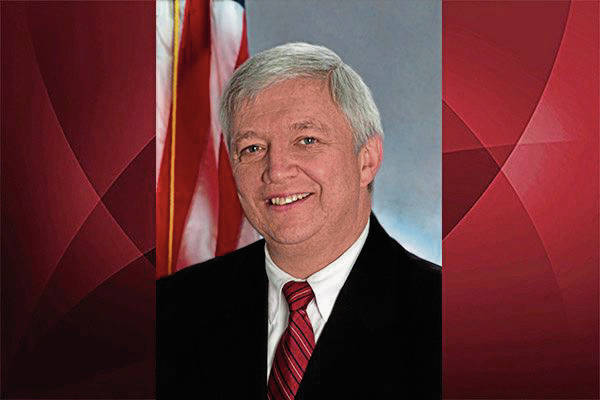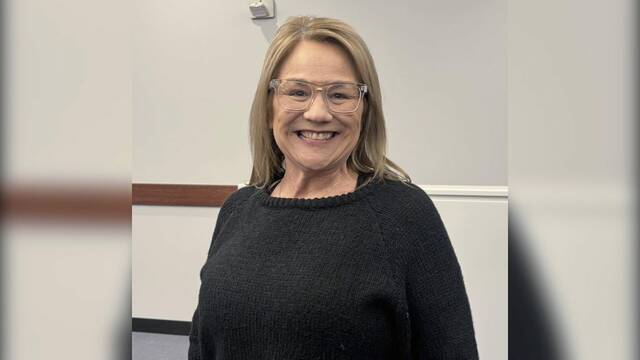What goes around comes around in the Pennsylvania Legislature.
Former state Rep. Frank Dermody, who used to appoint members to the Pennsylvania Gaming Control Board, on Thursday received an appointment of his own and the $145,000 annual salary it brings.
Dermody, 69, the longtime House minority leader, in November lost his campaign for election to a 16th term to Republican Carrie Lewis DelRosso.
That 923-vote loss, however, served to fatten Dermody’s paycheck.
His new post on the Gaming Control Board pays about $15,000 a year more than he collected in the Legislature. At the same time, the Oakmont Democrat could be eligible to begin drawing a lifetime pension of about $110,000 a year, based on 30 years of service in Harrisburg.
Dermody did not return a call for comment Thursday.
The former lawmaker is more than a little familiar with the process involved in Gaming Board appointments.
As leader of the House Democratic Caucus, Dermody appointed at least two other former lawmakers — Keith McCall and Dante Santoni — to the seven-man board in recent years. Other former lawmakers who serve on the board include Sean Logan of Monroeville and Mark Mustio of Moon. Logan was appointed by Senate Minority Leader Jay Costa, D-Forest Hills, while Mustio was appointed by former House Speaker Mike Turzai.
Dermody’s successor as House Minority Leader, state Rep. Joanna McClinton, D-Philadelphia, announced his appointment Thursday.
“Frank Dermody has been a respected leader in Pennsylvania for many years, and I’m pleased that he agreed to continue his public service at the Gaming Control Board,” McClinton said. “He participated in setting the legislative foundation for our gaming industry, which has grown in just over a decade to become a national leader. Frank’s legal background and legislative experience are outstanding assets for his work as a gaming regulator.”
The Gaming Control Board has been a soft landing spot for former lawmakers from Day One, when then-Gov. Ed Rendell pulled state Rep. Jeff Coy from the General Assembly in 2005 to serve on the new board. The board includes three members appointed by the governor and four others appointed by each of the four legislative caucus leaders.
Members are appointed for two-year terms. They attend monthly meetings and public hearings and are charged with maintaining the integrity of legalized gambling in Pennsylvania.
Dermody replaces Santoni, a former lawmaker he first appointed to the board four years ago.
Lewis DelRosso, the Republican newcomer who replaced Dermody, was surprised to hear of his new appointment.
“I was just appointed to the House Gaming Oversight Committee. So I’ll be working alongside him and looking to see what he can do for the taxpayers,” she said. “He was in office for 30 years, and now he’ll continue to receive public money through the Gaming Control Board.”
Although lawmakers are prohibited from lobbying the Legislature for one year after leaving office, there are no such restrictions on working for the state.
In 2014, former state Sen. Tim Solobay, D-Washington, landed back on the state payroll as Pennsylvania Fire Commissioner just weeks after losing reelection. His loss at the polls turned out to be a gain on his W-2, when his salary jumped from about $85,000 a year to $121,000 annually.
And when former state Sen. John Wozniak left the Legislature in 2016 after 36 years of service and a pension of $83,892, he quickly accepted an appointment to the Pennsylvania Turnpike Commission. Its board members collect $26,000 a year plus unlimited expenses and toll-free turnpike travel.
Such practices, while not barred by law, tend to undermine faith in government, said Khalif Ali, executive director of Common Cause Pennsylvania.
“We know that nationally, about two-thirds of Americans believe that politicians ‘don’t care about people like me.’ This kind of revolving door employment reinforces that cynicism. A cooling-off period for former state legislators, before they take other state jobs, would reassure voters that public employees are working in the public’s interests,” Ali said. “We hope the General Assembly takes steps to slow down this revolving door in the future. Pennsylvanians deserve to have confidence that their government is listening to their needs, not showing favoritism to political insiders or special interests.”








